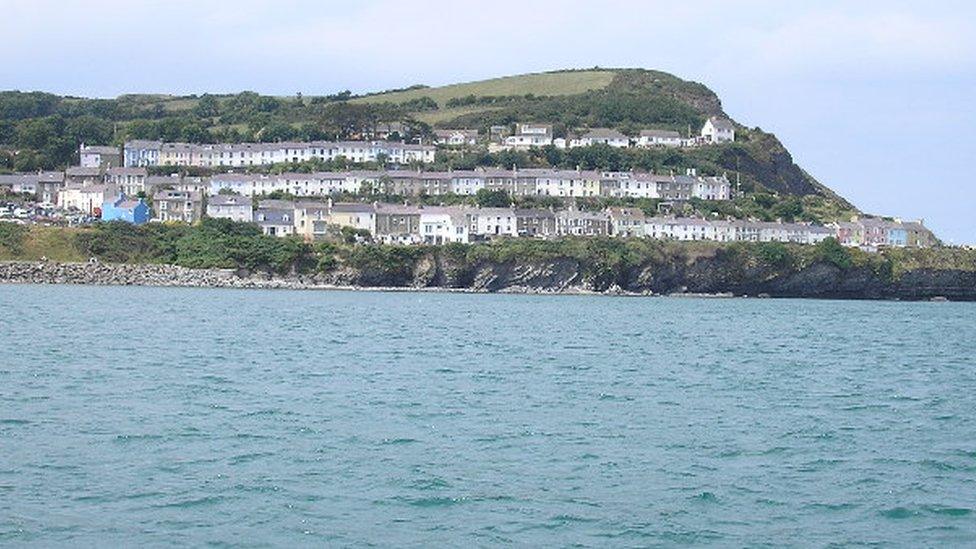Second homes tax 'loophole' worry
- Published
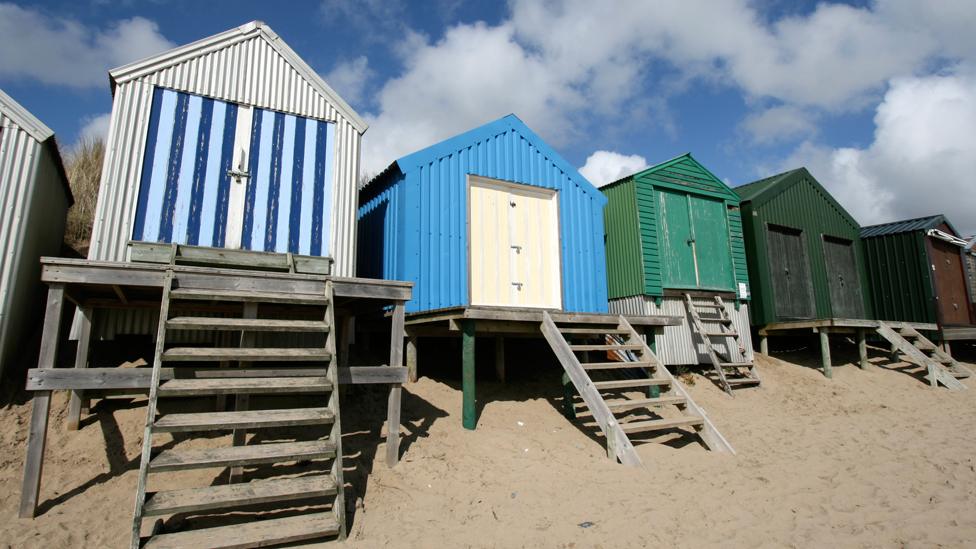
Even the beach huts in Abersoch have been hot property
A law meant to help councils combat the effects of second home ownership on communities is doing exactly the opposite, it has been claimed.
Since 2017, councils have been able to raise a premium on council tax on second homes, with money used to boost affordable housing.
But rising numbers of second homes are being designated as businesses, meaning owners pay no council tax at all.
The Welsh Government said councils are best placed to address the issue.
Abersoch, Gwynedd is well known as the "second home capital" of north Wales. A beach hut could set you back over £100,000 with houses selling for far more.
There are worries buying is out of the question for many local young people.
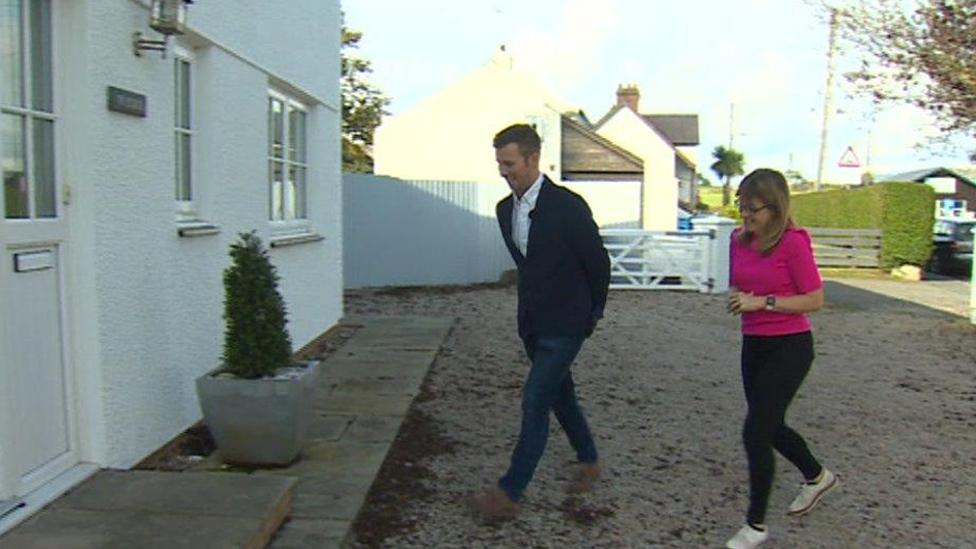
Rhys Elvins says second homes bring money into the local economy
Rhys Elvins runs Abersoch Quality Homes, managing around 90 holiday homes within a five mile radius.
A growing family business, this company prides itself in giving home owners and holidaymakers a personal service.
Around half of its clients designate their homes as businesses which means they pay no local taxes, as long as their holiday home is let for 70 days a year and available to let for 140 days. As small businesses, many are also exempt from paying business rates.
Mr Elvins told the BBC Sunday Politics Wales: programme "I'd say it's fair. I wouldn't call it a loophole.
"It's the way the properties are staggered in terms of council and business rates - if a property is making an income then its considered a small business. They're bringing in money and people who are spending money in the local area so I consider it to be OK".
Plaid Cymru has been campaigning for a change to the law.
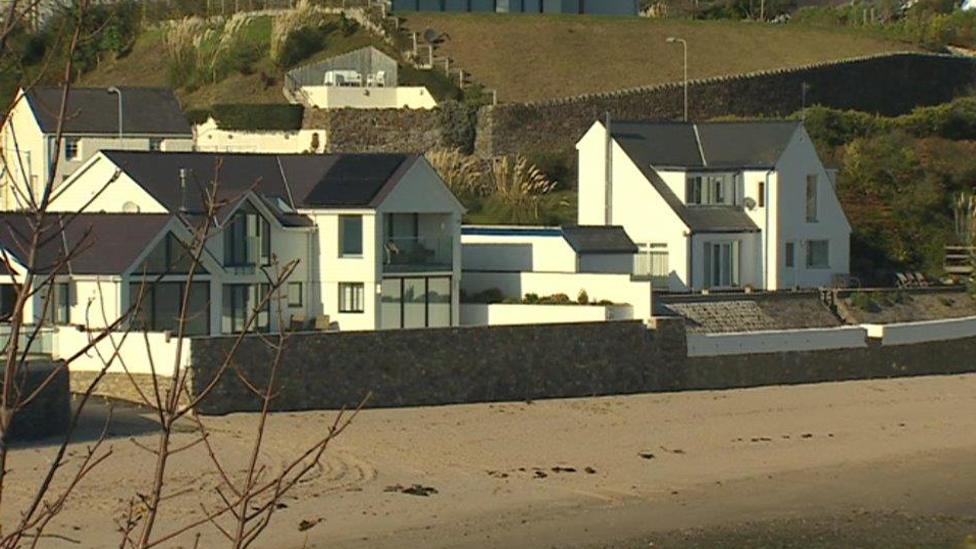
Homes overlooking the coast at Abersoch, which is a sought-after area and prices are high
The party's Arfon assembly member Sian Gwenllian called it an "unfair loophole" and said it added to pressures on housing for local people, with prices becoming "completely unaffordable".
She added: "They have no choice but to leave the area or live in poor rented accommodation.
"There are 2,000 people on social register waiting for housing in Gwynedd, then you have another 1,000 who have found a way of paying no tax at all. It's scandalous that this is allowed to happen."
I'm sad, because I don't want to see her go.
At nearby Llanengan, local councillor and pub landlord John Hughes thinks amending planning laws to make it easier for young people to build their own homes is one answer.
"The future for our youngsters is very bleak, we've got the let them build on their own land, we've got to let them build a house that's suitable."
It's an issue close to his heart, with one of his daughters choosing to move to New Zealand.
"She can't afford to live in Abersoch, she's renting at the moment - she's a chef with schools and enjoys it but there's nothing for her here, she can't afford the rent. I'm sad, because I don't want to see her go."
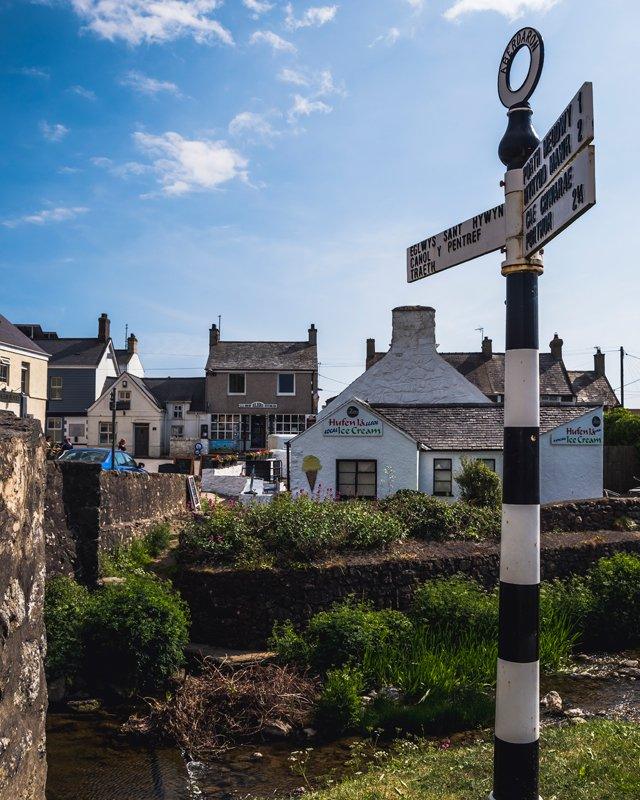
Gwynedd has more second homes than any county in Wales
Gwynedd Council has around 5,000 second homes - more than other county in Wales.
The Welsh Local Government Association's rural forum wants the Welsh Government to take action.
Gwynedd council leader Dyfrig Siencyn said: "We are asking Welsh Government to make an amendment to the local government finance act so we prevent domestic dwellings from transferring into business properties - which then means they do not pay any tax at all in most cases".
The Welsh Government said it did not agree that there was a loophole in the law.
A spokesperson said there was "specific letting criteria which owners must meet for their property to be treated as self-catering accommodation",
"Local authorities are best placed to address this issue and that is why we have given them the discretionary power to charge premiums to up to 100% on the council tax of long-term empty and second homes in their area to use alongside the other powers available to them," the government added.
Sunday Politics Wales on BBC One Wales, Sunday 27 October at 10.00 GMT and also available on BBC iPlayer.
- Published7 August 2019
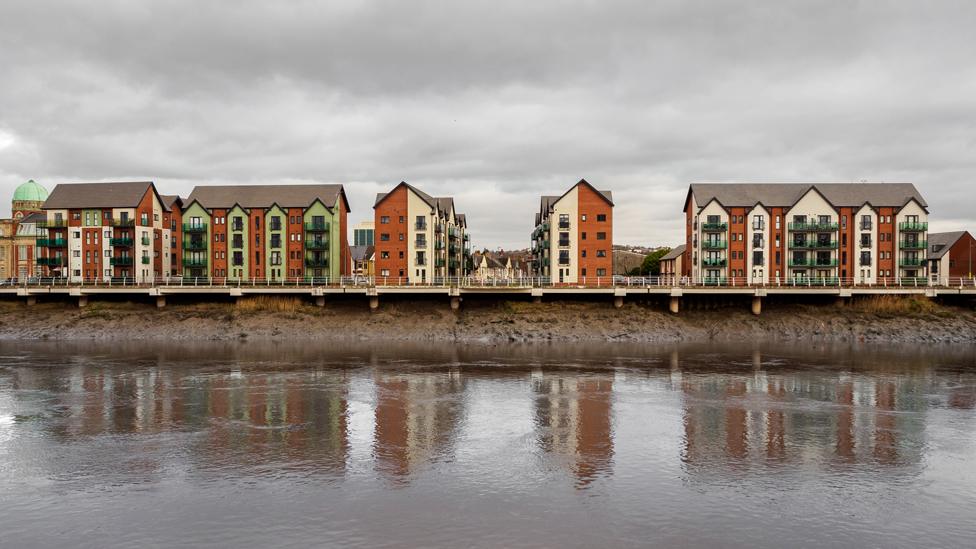
- Published30 May 2019
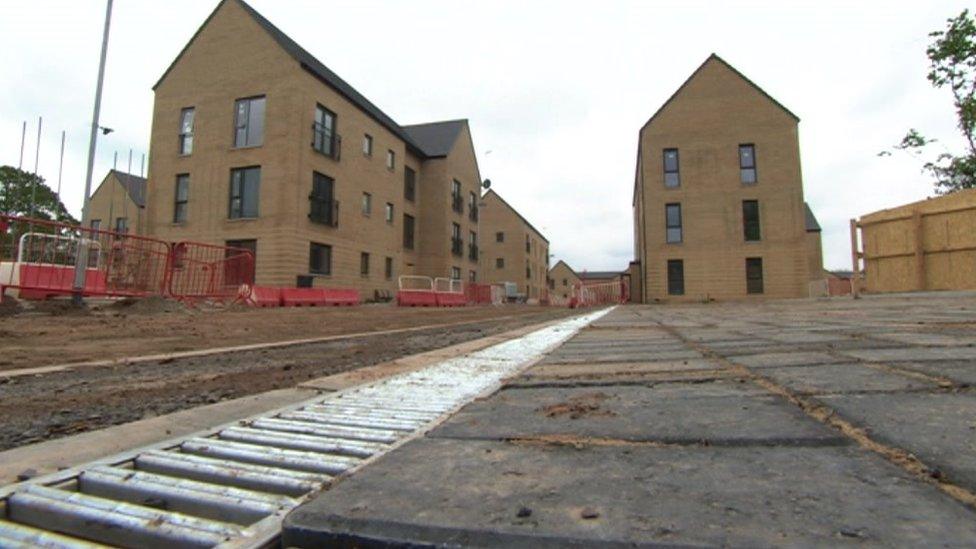
- Published28 August 2017
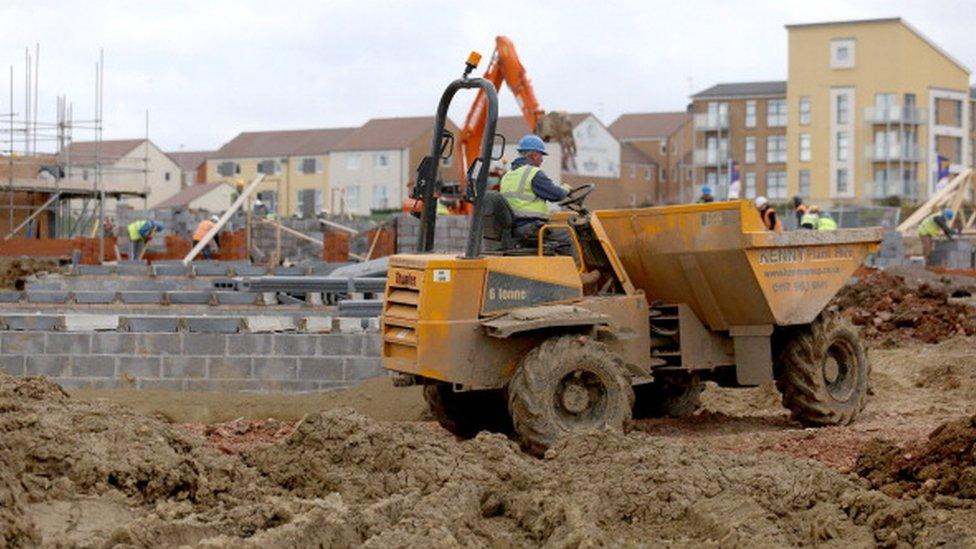
- Published12 October 2016
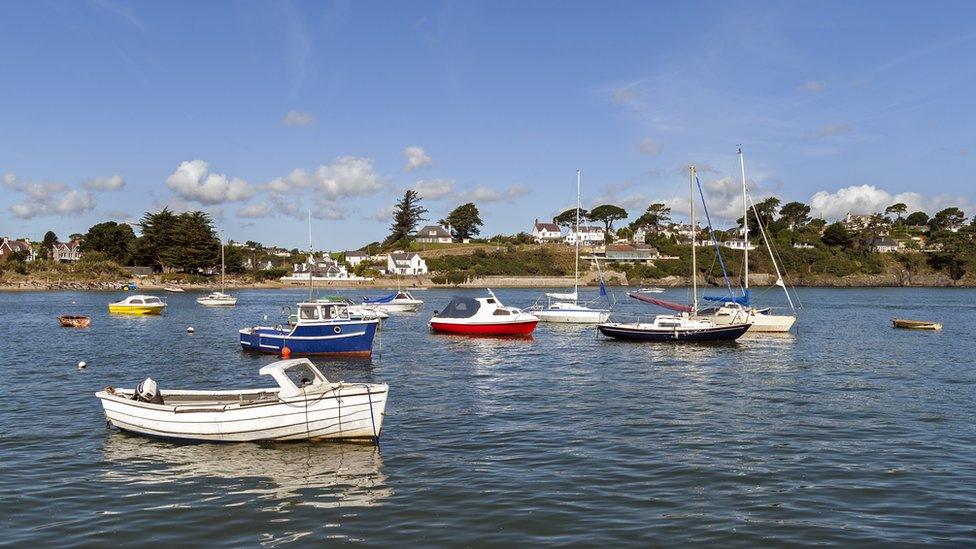
- Published22 February 2016
